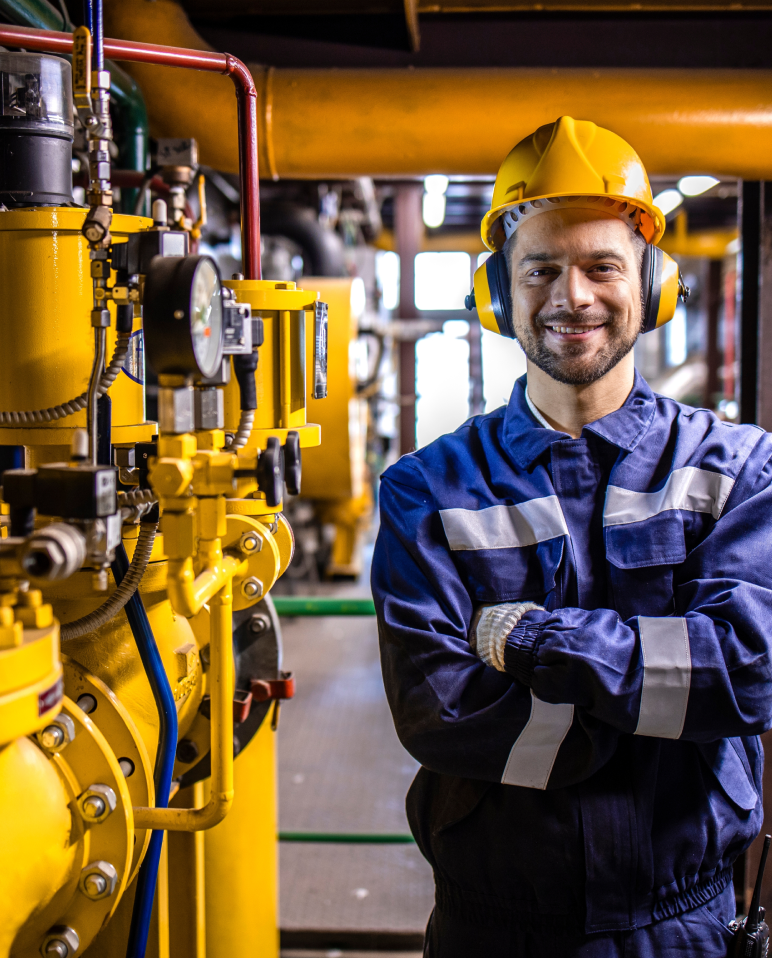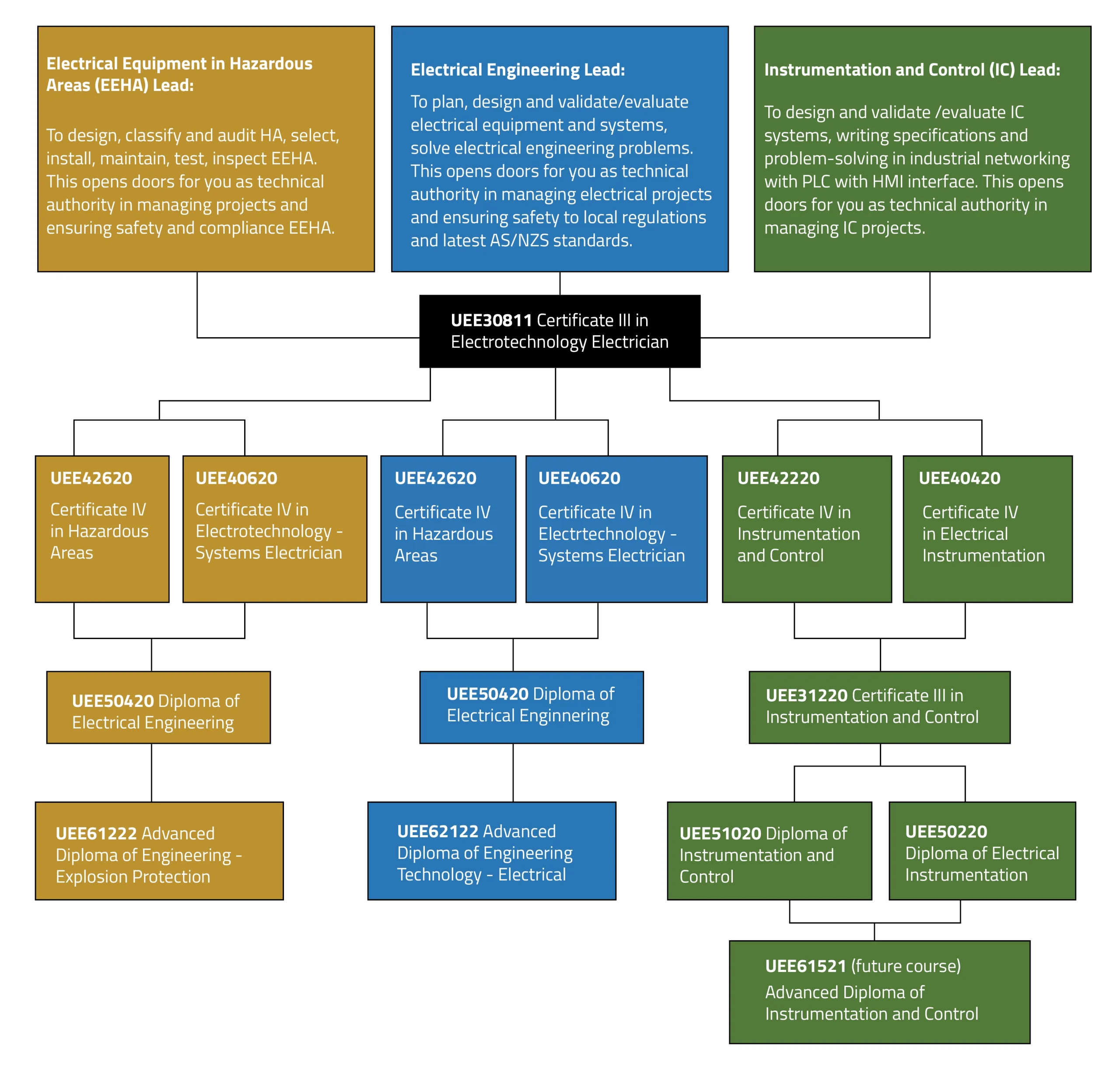Some Of Roar Solutions
Some Of Roar Solutions
Blog Article
Getting My Roar Solutions To Work
Table of ContentsEverything about Roar SolutionsThe Buzz on Roar SolutionsThe Ultimate Guide To Roar Solutions
In such an environment a fire or explosion is possible when three basic conditions are fulfilled. This is commonly described as the "unsafe location" or "combustion" triangle. In order to safeguard installations from a prospective explosion a technique of analysing and classifying a potentially harmful location is called for. The purpose of this is to ensure the proper choice and installation of tools to eventually avoid a surge and to make sure security of life.
(https://lnk.pblc.app/pub/f49b043987c7b7)
No equipment ought to be installed where the surface temperature of the devices is above the ignition temperature level of the offered danger. Below are some typical dust hazardous and their minimum ignition temperature level. Coal Dirt 380C 225C Polythene 420C (thaws) Methyl Cellulose 420C 320C Starch 460C 435C Flour 490C 340C Sugar 490C 460C Grain Dirt 510C 300C Phenolic Resin 530C > 450C Aluminium 590C > 450C PVC 700C > 450C Soot 810C 570C The chance of the hazard existing in a concentration high adequate to create an ignition will certainly vary from location to location.
In order to classify this threat an installment is split into locations of threat depending upon the amount of time the unsafe is existing. These locations are referred to as Areas. For gases and vapours and dirts and fibres there are 3 areas. Area 0 Area 20 A harmful environment is very most likely to be existing and might exist for extended periods of time (> 1000 hours each year) and even continuously Zone 1 Zone 21 A dangerous atmosphere is possible however not likely to be present for lengthy durations of time (> 10 450 C [842 F] A classification of T6 means the minimal ignition temperature is > 85 C [185 F] Dangerous location electrical tools perhaps designed for usage in higher ambient temperature levels. This would certainly indicated on the ranking plate e.g. EExe II C T3 Ta + 60C( This implies at 60C ambient T3 will certainly not be surpassed) T1 T1, T2, T3, T4, T5, T6 T2 T2, T3, T4, T5, T6 T3 T3, T4, T5, T6 T4 T4, T5, T6 T5 T5, T6 T6 T6 A T Course score of T1 means the optimum surface temperature generated by the instrument at 40 C is 450 C. Thinking the connected T Course and Temperature ranking for the tools are ideal for the location, you can constantly utilize an instrument with a more rigid Department ranking than required for the area. There isn't a clear solution to this inquiry. It really does depend upon the kind of tools and what repair services need to be executed. Devices with details test procedures that can not be carried out in the area in order to achieve/maintain 3rd party ranking. Need to return to the factory if it is prior to the equipment's solution. Area Repair Service By Authorised Worker: Difficult screening might not be required nevertheless particular treatments might require to be complied with in order for the equipment to preserve its 3rd event ranking. Authorized employees should be used to perform the work properly Repair service have to be a like site web for like replacement. New element have to be considered as a direct replacement requiring no special testing of the equipment after the repair is complete. Each piece of equipment with a harmful ranking need to be reviewed independently. These are outlined at a high level below, but for more comprehensive info, please refer directly to the guidelines.
Roar Solutions Fundamentals Explained
The devices register is a thorough database of equipment records that includes a minimum set of areas to recognize each product's location, technological specifications, Ex category, age, and ecological information. The proportion of In-depth to Close inspections will certainly be figured out by the Equipment Threat, which is examined based on ignition risk (the probability of a resource of ignition versus the likelihood of a flammable ambience )and the dangerous location classification
( Zone 0Area 1, or 2). Executing a durable Risk-Based Assessment( RBI )strategy is crucial for making sure compliance and safety and security in handling Electric Equipment in Hazardous Areas( EEHA).
The Buzz on Roar Solutions

In regards to explosive threat, a harmful area is a setting in which an explosive atmosphere exists (or may be anticipated to be present) in quantities that need special preventative measures for the building, installation and use of equipment. eeha training. In this article we discover the challenges encountered in the work environment, the threat control steps, and the called for proficiencies to function safely
It is an effect of modern life that we make, store or manage a range of gases or liquids that are regarded flammable, and a variety of dirts that are considered flammable. These substances can, in specific problems, create explosive environments and these can have significant and awful effects. Most of us are acquainted with the fire triangular remove any type of among the three aspects and the fire can not occur, however what does this mean in the context of hazardous areas? When damaging this down right into its simplest terms it is basically: a combination of a particular amount of launch or leak of a specific compound or material, combining with ambient oxygen, and the visibility of a resource of ignition.
In many instances, we can do little regarding the levels of oxygen in the air, however we can have considerable impact on sources of ignition, for instance electric equipment. Harmful locations are documented on the unsafe area classification drawing and are identified on-site by the triangular "EX" indication. Below, among various other crucial details, areas are divided right into 3 kinds depending on the risk, the probability and period that an eruptive environment will certainly exist; Zone 0 or 20 is considered one of the most hazardous and Area 2 or 22 is deemed the least.
Report this page